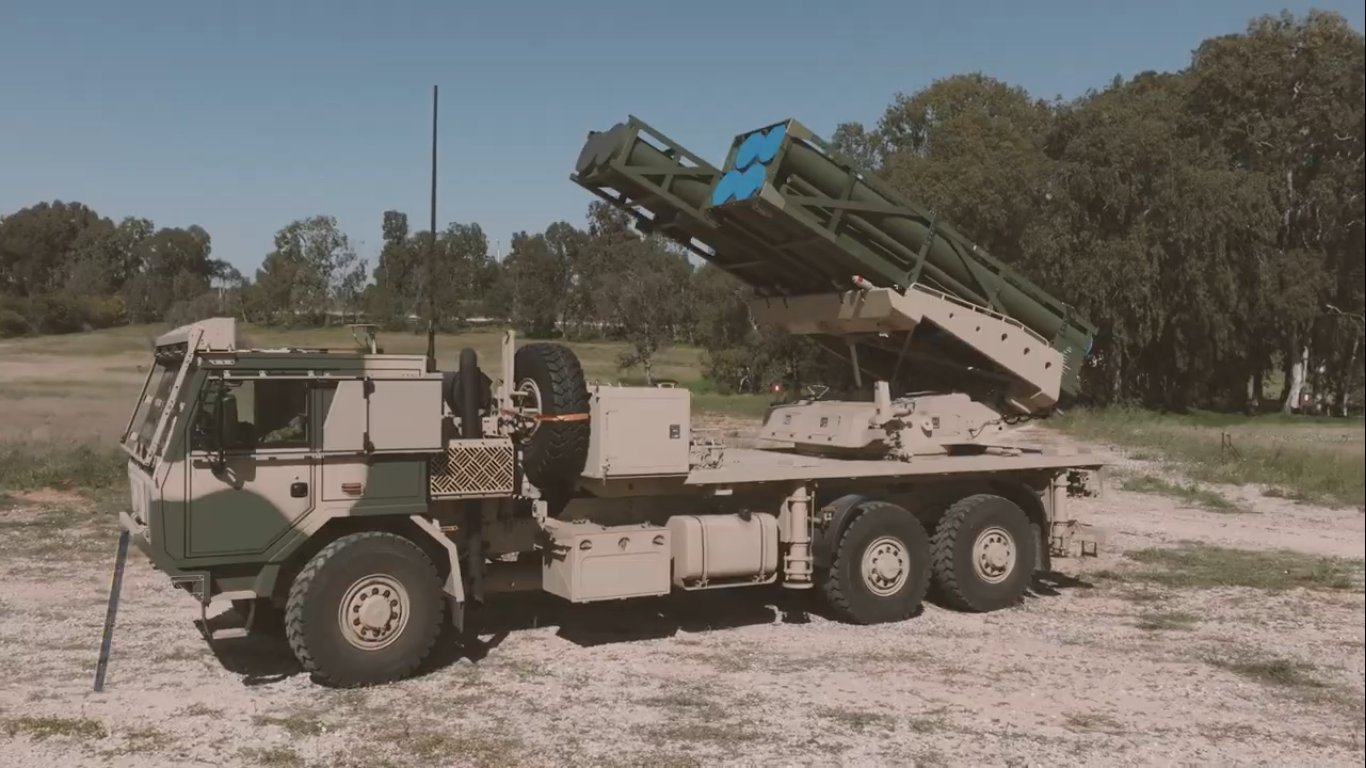 The Adani Defence and Aerospace facility in Kanpur. (India Sentinels photo)
The Adani Defence and Aerospace facility in Kanpur. (India Sentinels photo)
Kanpur: Adani Defence and Aerospace will double its small-calibre ammunition production capacity to 300 million rounds by December this year, up from the current 150 million rounds. The company is projecting this as part of India’s drive towards self-reliance in defence manufacturing.
The company is simultaneously scaling production of medium and large-calibre cartridges and shells for the armed forces, central armed police forces and state police from its fully automated 500-acre facility in Kanpur, situated within Uttar Pradesh’s defence corridor.
Rapid operational scaling
The Kanpur facility, which became operational in April last year, achieved export capability within two months of full operations. By June 2024, the company began shipping NATO-standard 7.62 x 51mm and 5.56 x 45mm rounds to international clients, marking a swift transition from commissioning to commercial export.
“We have transitioned from the commissioning phase to exporting in record time,” said Ashish Rajvanshi, chief executive of Adani Defence and Aerospace, while briefing journalists at the facility.
The plant manufactures small-calibre ammunition including 5.56mm rounds primarily used in Insas rifles, 7.62mm cartridges for AK-47 and AK-203 rifles, 7.62 x 51mm Nato rounds for self-loading rifles and machine guns, .338mm rounds for sniper rifles, and 9mm ammunition for pistols.
Large-calibre expansion planned
Adani Defence will inaugurate an additional complex adjacent to the existing Kanpur facility to manufacture 150,000 large-calibre ammunition rounds annually – equivalent to the output of the government-owned Munitions India Limited over the past 75 years, according to Rajvanshi.
The company is also venturing into indigenous production of 125mm anti-tank shells, specifically armour-piercing fin-stabilized discarding sabot (APFSDS) rounds. The defence ministry is promoting indigenization of these Russian-origin munitions following technology transfer agreements with Moscow.
“The 125mm anti-tank ammunition represents one of the most significant deficiencies in Indian military inventories today, and we are addressing this gap,” Rajvanshi explained.
Medium-calibre focus
Adani Defence is establishing India’s first facility for manufacturing 23mm, 30mm, and 40mm medium-calibre ammunition, targeting completion by Diwali this year. These rounds are essential for infantry fighting vehicles, anti-aircraft artillery, aircraft armaments, and naval guns.
The medium-calibre category encompasses 20mm, 25mm, 30mm, and 40mm rounds currently used across various military platforms.
The company has already begun exporting ammunition to four countries whilst supplying various cartridge categories to Indian armed forces, including 41,000 light machine gun rounds to the Indian Army, central armed police forces, and state police forces, including Uttar Pradesh.
Component indigenization drive
India remains heavily dependent on imports for primers and propellants – critical ammunition components. Rajvanshi noted that propellant costs have surged dramatically from under $10 per kilogram in 2019 to $50 in 2025.
“We will establish a manufacturing plant to eliminate import dependence on primers from neighbouring countries, the United States, and Europe,” he said. Primers are small explosive charges that ignite gunpowder when struck by a weapon’s firing pin.
The Adani Group plans to establish a 25,000-tonne annual capacity facility for propellant manufacturing within two years.
The production line achieves nearly 100 per cent indigenous content, encompassing brass strip processing, case manufacturing, and final assembly. “We manufacture everything in-house from the brass strip – the cup, case, and bullet. The only imported component is the primer, which we plan to fully indigenize within two years,” Rajvanshi said.
Currently, approximately 90 per cent of India’s ammunition is manufactured domestically, with Munitions India Limited handling the majority of production. The government’s push for self-reliance in defence manufacturing aims to reduce import dependence whilst building domestic capabilities across the munitions sector.
The Kanpur facility represents a significant step in India’s broader defence indigenization strategy, which seeks to transform the country from a major arms importer into a self-sufficient defence manufacturer capable of meeting both domestic requirements and international export demands.










